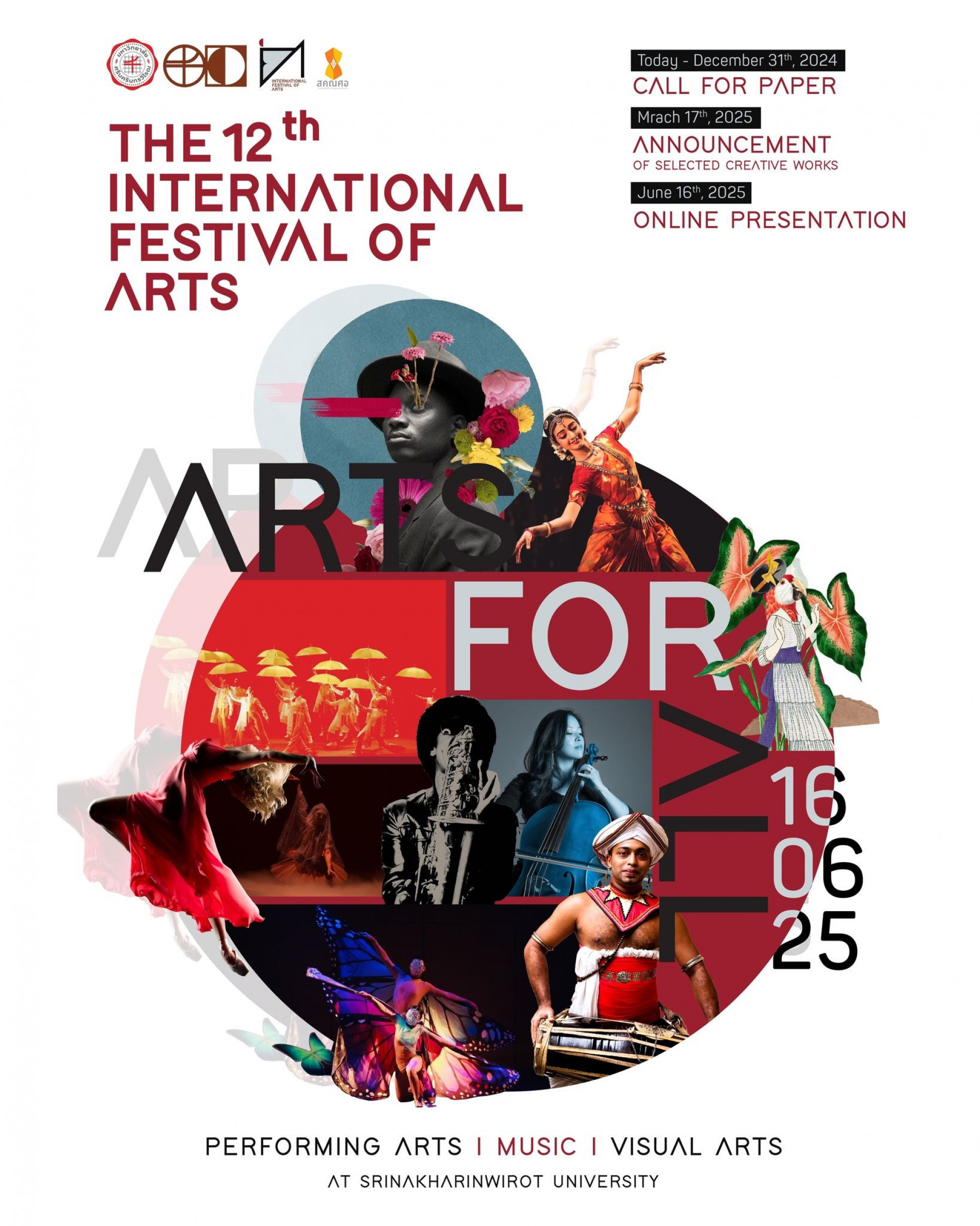





| Target | Indicator | Result |
|---|---|---|

SDG 4
QUALITY EDUCATION
|
||
| 4.4 By 2030, substantially increase the number of youth and adults who have relevant skills, including technical and vocational skills, for employment, decent jobs and entrepreneurship | 4.4.1 Proportion of youth and adults with information and communications technology (ICT) skills, by type of skill | The project develops participants’ creative and professional skills, including digital media and communication skills, by encouraging the use of technology in the promotion, documentation, and dissemination of artistic works. This helps youth and adults enhance their ICT capabilities, especially in areas such as digital content creation, event promotion, and online cultural exchange, which are essential for participation in today’s knowledge economy. |
| 4.7 By 2030, ensure that all learners acquire the knowledge and skills needed to promote sustainable development, including, among others, through education for sustainable development and sustainable lifestyles, human rights, gender equality, promotion of a culture of peace and non-violence, global citizenship and appreciation of cultural diversity and of culture's contribution to sustainable development | 4.7.1 Extent to which (i) global citizenship education and (ii) education for sustainable development, including gender equality and human rights, are mainstreamed at all levels in (a) national education policies; (b) curricula; (c) teacher education; and (d) student assessment | By providing an international platform for artistic and cultural exchange, the project advances global citizenship education and education for sustainable development. Participants engage with diverse cultural expressions, learn to respect human rights and cultural diversity, and understand their roles as global citizens. This experience encourages critical thinking, creativity, and social responsibility, which are key components of SDG 4.7. |

SDG 11
SUSTAINABLE CITIES AND COMMUNITIES
|
||
| 11.4 Strengthen efforts to protect and safeguard the world's cultural and natural heritage | 11.4.1 Total expenditure (public and private) per capita spent on the preservation, protection and conservation of all cultural and natural heritage, by type of heritage (cultural, natural, mixed and World Heritage Centre designation), level of government (national, regional and local/municipal), type of expenditure (operating expenditure/investment) and type of private funding (donations in kind, private non-profit sector and sponsorship) | The project contributes to the preservation and promotion of cultural heritage by investing in exhibitions, performances, and educational activities that showcase traditional and contemporary arts. This represents a form of public and institutional expenditure directed toward safeguarding and revitalizing cultural heritage, ensuring that it remains accessible and relevant for future generations. |
| 11.b By 2020, substantially increase the number of cities and human settlements adopting and implementing integrated policies and plans towards inclusion, resource efficiency, mitigation and adaptation to climate change, resilience to disasters, and develop and implement, in line with the Sendai Framework for Disaster Risk Reduction 2015'2030, holistic disaster risk management at all levels | 11.b.2 Proportion of local governments that adopt and implement local disaster risk reduction strategies in line with national disaster risk reduction strategies | The project aligns with sustainable community development strategies by strengthening networks of cultural institutions and encouraging local governments and communities to integrate arts and culture into long-term development plans. By fostering international cooperation and cultural diplomacy, it indirectly supports the creation of resilient communities that value cultural identity and social cohesion, which are important elements of disaster risk reduction strategies. |
The International Art, Music, and Performance Festival (12th Edition) aimed to promote academic knowledge and cultural exchange in art, music, and performing arts across national and international cultural networks. The project provided a platform for creative presentation and knowledge sharing, strengthened international collaborations, and fostered understanding of global citizenship by using art and culture as a medium to raise awareness of world heritage and diversity. With 254 participants, 17 partner institutions from Thailand, and representation from 9 countries, the project successfully achieved its targets, with over 97–99% of participants reporting increased knowledge, appreciation, and ability to disseminate what they learned. This aligns with SDG 4 (Quality Education) by enhancing learning opportunities and global citizenship education, and SDG 11 (Sustainable Cities and Communities) by supporting the preservation, promotion, and transmission of cultural heritage through an inclusive, international platform that encourages sustainable cultural development.
The project had a community impact by opening access to art, music, and performance as tools for cultural learning, inspiring creativity, and encouraging appreciation of cultural diversity among local participants. This supports SDG 4.7 by providing education that promotes sustainable development, cultural understanding, and global citizenship, while strengthening community identity and resilience in line with SDG 11.4 on safeguarding cultural heritage. At the university level, the project enhanced the institution’s reputation as a hub for cultural education and international collaboration, giving students and faculty opportunities to present creative work, gain real-world experience, and engage in intercultural dialogue. This aligns with SDG 4.4 by developing students’ professional and creative skills and reinforces the role of higher education in supporting sustainable cultural development (SDG 11). For the country, the project supported the preservation and promotion of Thai cultural heritage, strengthened Thailand’s position as a center for arts and culture in the region, and contributed to the development of human capital in the creative industries. This directly contributes to SDG 11.4 on protecting and enhancing cultural heritage and supports SDG 4.1 by indirectly improving learning opportunities in arts and culture nationwide. At the international level, the project created a platform for cross-cultural exchange, fostering mutual understanding and cooperation between participating countries, promoting Thailand’s soft power, and contributing to the global dialogue on cultural diversity. This supports SDG 4.7 by promoting global citizenship education and intercultural learning, and advances SDG 11.B by encouraging collaborative strategies for sustainable cultural development.






